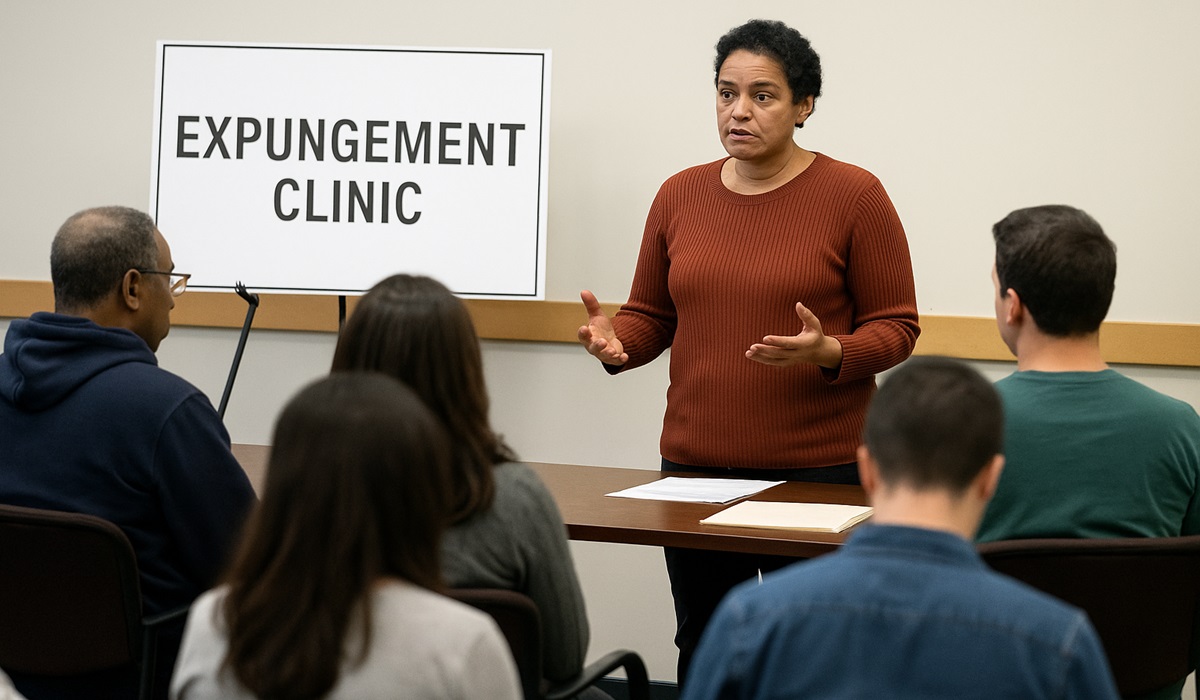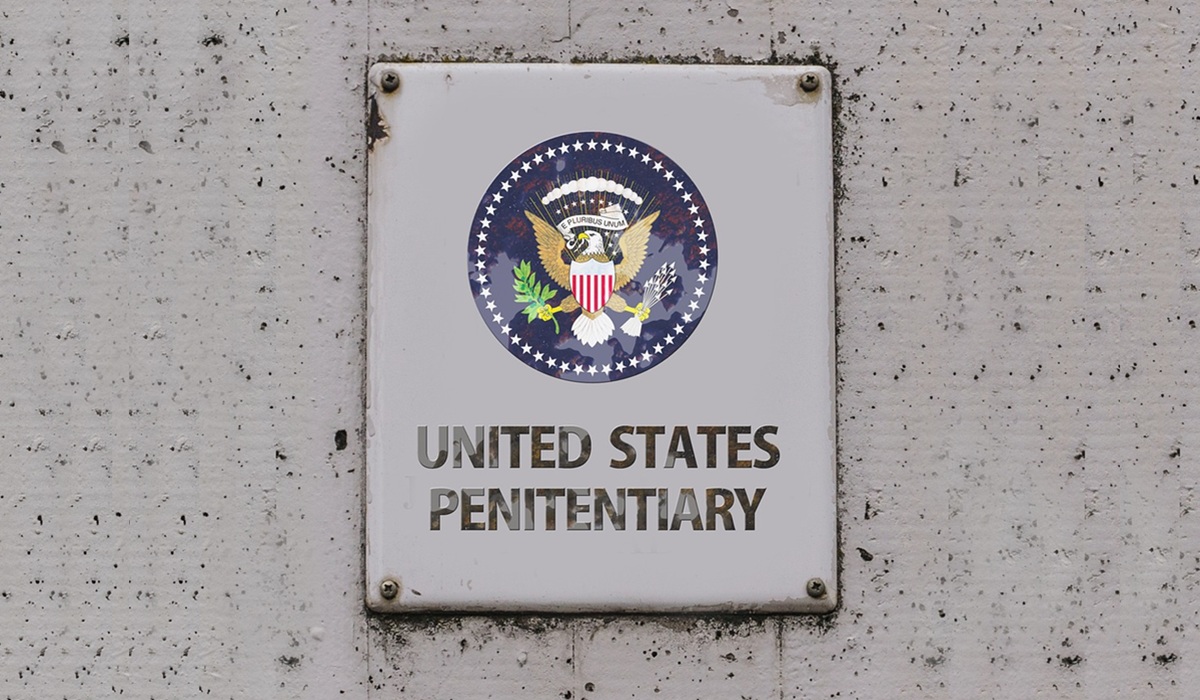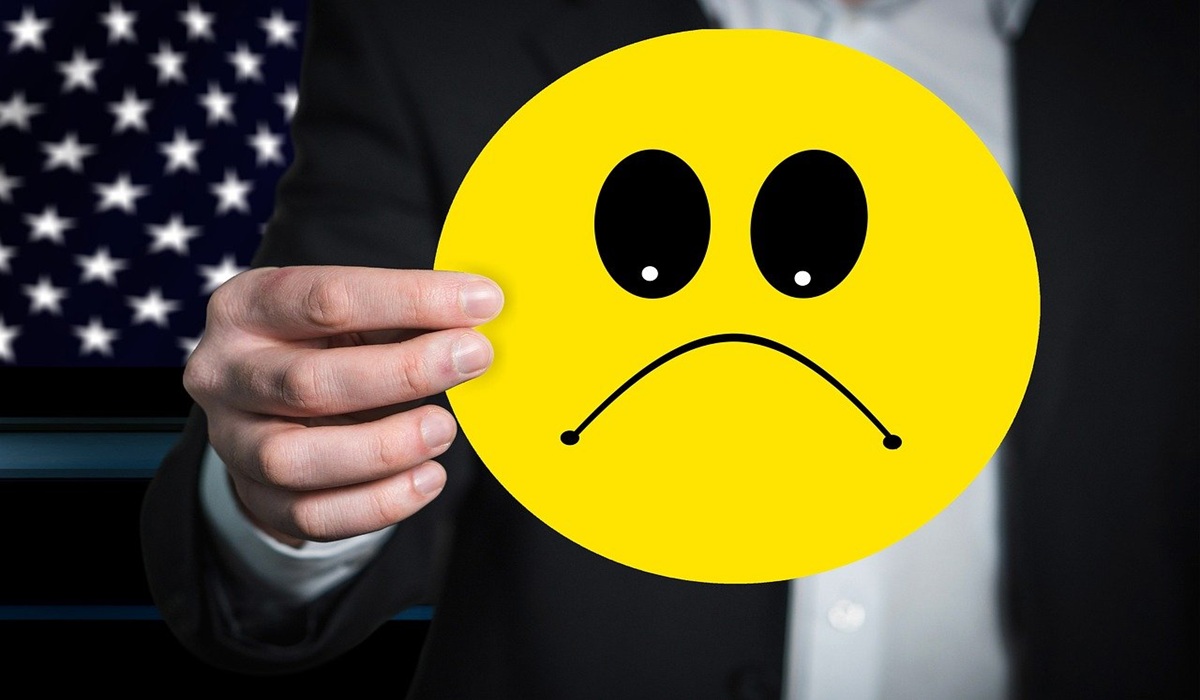Expungement Clinics in the United States: A Necessary, Yet Incomplete, Step Toward Justice
- TDS News
- U.S.A
- May 8, 2025

Across the United States, expungement clinics have emerged as a vital mechanism to address the long-term consequences of criminal records—particularly for low-level, nonviolent offenses. These clinics, often run by local legal aid organizations, public defender offices, universities, and county governments, offer individuals assistance in navigating the complex process of sealing their records. While the intent is restorative, the path to redemption remains riddled with bureaucratic hurdles and, often, justice delayed.
Expungement does not mean full erasure. It does not constitute a pardon or legal forgiveness. Rather, it seals the record from public view, making it inaccessible to most employers and landlords—but still visible to law enforcement and court officials. In many jurisdictions, the process remains arduous, requiring petition filings, court appearances, and long waiting periods, even for offenses that society has largely moved on from—such as simple marijuana possession.
This issue came into sharper focus during a recent visit by Karmen, a community advocate to an expungement clinic held in Hennepin County, Minnesota. Her visit was driven by a desire to better understand the process and explore ways to assist members of her own community who continue to bear the weight of old convictions. Reflecting on what she observed, Karmen stated, “The disproportionate treatment of Afro-Americans is wrong, especially when it comes to simple possession of marijuana. Now that a county like Hennepin has made recreational use of marijuana legal, all records should be expunged immediately or deleted.”
She added, “That’s not the case. The process is slow and complicated. It shouldn’t be this hard to get your life back.”
In Minnesota, recreational cannabis use was legalized in 2023, triggering an automatic review process for expungement of misdemeanor marijuana offenses. But implementation has been slow. According to a 2024 update from the Minnesota Office of Cannabis Management, over 66,000 low-level cannabis-related records are eligible for automatic expungement. Yet, by early 2025, fewer than half have been fully processed due to delays in data infrastructure and administrative capacity.
This lag reflects a nationwide problem. The Prison Policy Initiative reports that over 70 million Americans—nearly one in three adults—have a criminal record. A 2021 ACLU study found that Black Americans are nearly four times more likely than white Americans to be arrested for marijuana possession, despite similar usage rates. In jurisdictions where cannabis is now legal, the damage of these arrests lingers long after the laws have changed.
Fewer than 10% of those eligible for expungement actually follow through with the process, according to a 2020 study published in the Harvard Law Review. The reasons are predictable: cost, complexity, and confusion. Many don’t know they qualify, and even when they do, the process can take months or even years to complete. In Hennepin County, the typical timeline for a manual expungement application ranges from 6 to 18 months, depending on whether objections are filed by prosecutors or agencies.
Karmen, during her visit, questioned why such a system ever required this kind of damage control in the first place. “Just as fast as law enforcement can arrest and charge someone, the process to expunge should be just as swift,” she said. “That’s justice. That’s reform.”
Her comments touch a raw nerve. The rise of expungement clinics highlights the consequences of decades of over-policing, particularly in communities of color. These clinics, though essential, are treating symptoms of a broader systemic illness. In many cases, the very same institutions now running expungement clinics once played a role in criminalizing minor infractions, disproportionately targeting Black and brown Americans in the process.
Canada, in contrast, provides a model worth examining. After legalizing marijuana for recreational use in 2018, Canada introduced a streamlined pardon process for simple possession convictions. Though not automatic, it significantly reduced the processing time and waived associated fees. While imperfect, the Canadian approach acknowledged the need to make record-clearing accessible and equitable—something still missing in much of the United States.
The bottom line is this: expungement clinics are a vital stopgap, but they cannot substitute for systemic reform. Until automatic expungement becomes a national standard for decriminalized offenses—and until the justice system is restructured to treat communities fairly—the scars of mass incarceration will remain. Every sealed record is a small victory, but the fight for true justice demands far more than paperwork. It demands a rethinking of why these records exist in the first place.








